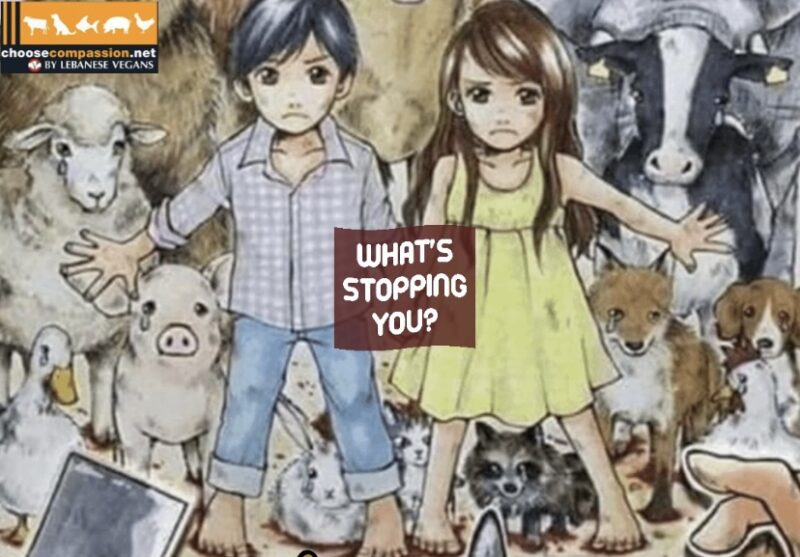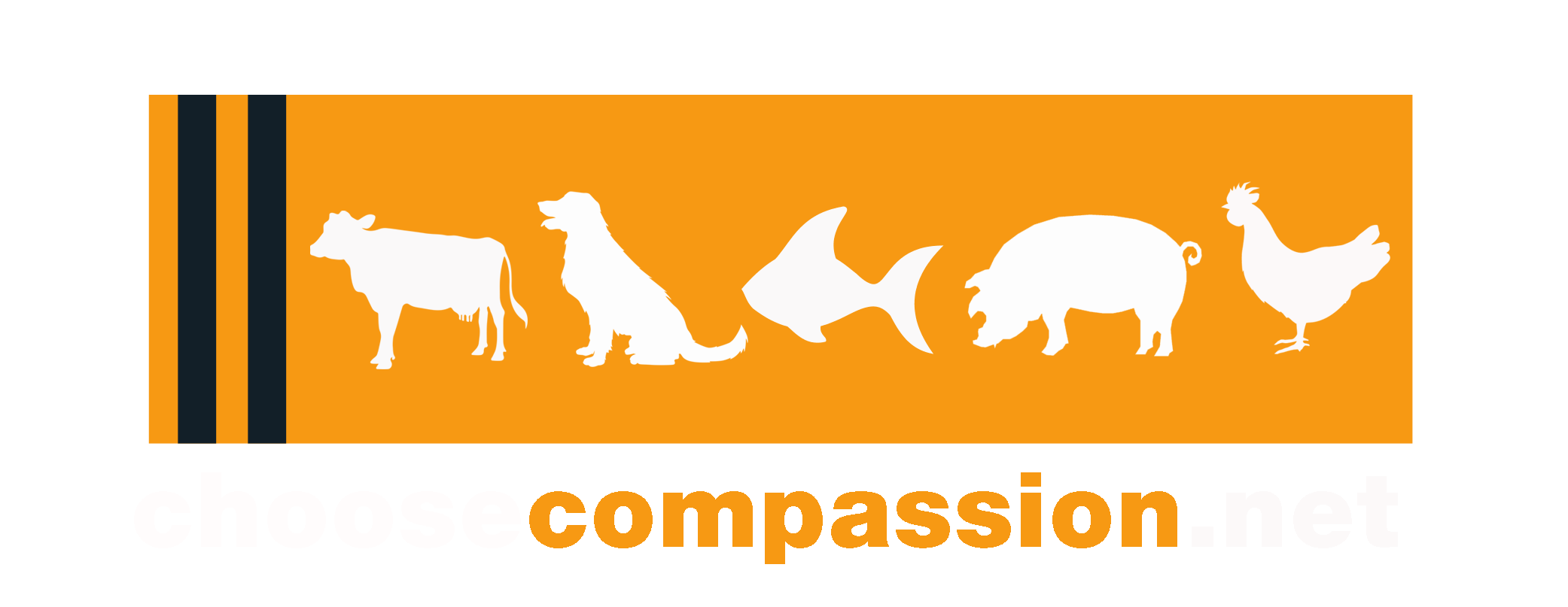
While many people choose to go vegan to take a stance against animal exploitation and cruelty, for some, adopting a vegan lifestyle or diet for ethical, environmental, and health reasons can be challenging due to various factors. In this blog post, we will delve into some of the common negative qualities or obstacles that may prevent people from embracing veganism.
Low Consciousness:
Low consciousness refers to a lack of awareness or mindfulness regarding the consequences of our actions.
People with low consciousness may not fully grasp the ethical, environmental, and health implications of consuming animal products. They may be disconnected from the suffering of animals or the detrimental effects of animal agriculture on the planet and their health. Most people never stop to take a moment to think outward, outside of themselves and what their actions as individuals have consequences beyond their individuality.
Raising consciousness involves seeking knowledge, engaging with educational resources, and actively questioning the unjust societal beliefs.
Superiority Complex:
A superiority complex stems from an exaggerated belief in one’s own superiority or entitlement.
People with superiority complex tend to show less moral concern for animals in general, and especially for low-status animals, such as farmed animals (e.g., pigs and cows) and unappealing wild animals (e.g., frogs and bats). These animals are often perceived as less worthy of respect and compassion. Moral exclusion allows people to ignore the suffering and interests of non-human animals, and to rationalize their mistreatment as acceptable or necessary.
Instead of seeing ourselves as separate from and superior to other animals, we should recognize our interdependence and commonality with them. We should also acknowledge that animals have intrinsic value and rights that deserve our respect and protection. By rejecting human supremacy and embracing veganism, animal rights, and animal liberation, we can work towards a world where all beings are treated with respect and dignity
Arrogance:
The truth is a hard pill to swallow, especially when you realize your actions are causing pain and suffering on a daily basis.
Some people just avoid facing and admitting the truth. Some things are undeniable. There is nowhere for the conscience to hide. That is an uncomfortable feeling. People hate people who speak up for animals because these people become an unwanted mirror of conscience. Rather than acknowledge the truth and accept that supporting cruelty is morally wrong, some people have a tendency to curse the messenger who is trying to pull at your conscience by reminding you where your meal comes from or of your complicity in exploiting animals for your own self-interest and benefits.
Facing the reality of the evil of exploiting other sentient beings doesn’t just bring into question your respect for animals by acknowledging that they have the right not to be seen as property and commodities, but your entire moral compass as a human being.
Selfishness:
Selfishness, at its core, prioritizes one’s own desires and needs over the well-being of others.
For some, the idea of giving up certain foods or conveniences associated with animal products may be perceived as sacrificing personal pleasure. This self-centered mindset can hinder a person’s willingness to explore vegan alternatives or consider the larger impact their choices have on animals, the environment, and global food systems.
Overcoming selfishness involves recognizing the importance of collective well-being and finding joy in cruelty-free alternatives.
Greed:
Greed typically involves an insatiable desire for material possessions, wealth, or personal gain. Within the context of veganism, greed can manifest as an attachment to the taste, texture, and convenience of animal-based products. The profit-driven nature of the meat, dairy, and egg industries may also contribute to greed by perpetuating the idea that animal exploitation is necessary for economic success.
Overcoming greed requires reevaluating our priorities, considering the true cost of our choices on other animals, the environment, and people’s health, and embracing alternatives that align with our values.
Conclusion:
While arrogance, selfishness, greed, low consciousness, and a superiority complex can present barriers to adopting a vegan lifestyle, it’s essential to approach these challenges with empathy and understanding. Promoting positive change involves fostering a supportive and inclusive environment, where individuals feel empowered to explore veganism without judgment. By addressing these negative qualities and debunking misconceptions, we can encourage a more open dialogue that paves the way for a compassionate and sustainable future.
Recommended Reads:
Human Supremacy Over Animals: A Dangerous Ideology (choosecompassion.net)
Compassion is the tool to evolve into Higher Consciousness. (choosecompassion.net)

